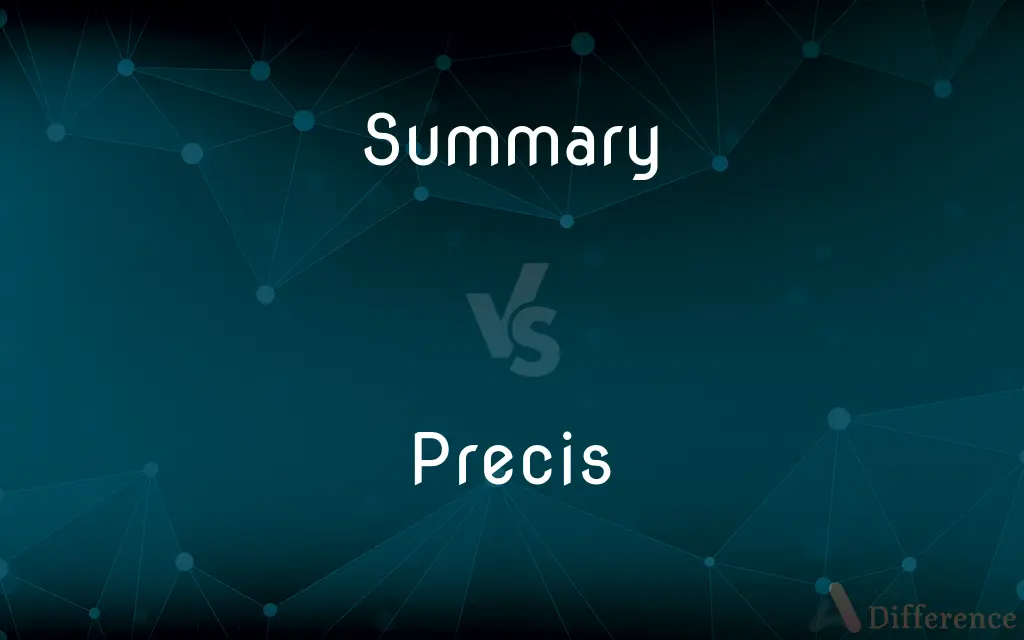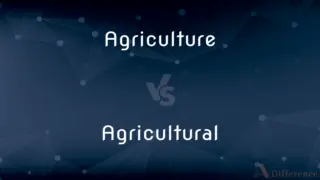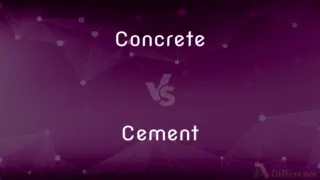Summary vs. Precis — What's the Difference?
By Tayyaba Rehman & Fiza Rafique — Updated on March 19, 2024
A summary encapsulates the main points of a text or event, while a precis offers a concise, clear, and logical outline of a text, emphasizing its structure and arguments.

Difference Between Summary and Precis
Table of Contents
ADVERTISEMENT
Key Differences
Summaries are flexible in length and structure, aiming to capture the essence of the content or experience in a digestible form. Precis, on the other hand, is more structured, often adhering to a quarter of the original text's length, and focuses on presenting the core arguments and logical structure without personal interpretation.
While summaries can be applied to a broad range of content, including events, experiences, or multimedia, precis is specifically tailored to textual analysis, concentrating on the author's intentions, methodologies, and conclusions.
A summary may retain the original text's flavor and tone, providing an overview that reflects the general spirit of the content. In contrast, a precis is more analytical, dissecting the text to reveal its foundation and construction, often in a neutral tone.
The purpose of a summary is to offer a quick, accessible version of the original content, making it easier for the audience to grasp its overall message. A precis aims to demonstrate the summarizer's understanding of the text's structure and argumentative progression, serving as a tool for academic or critical analysis.
Comparison Chart
Definition
A condensed version of content or an event, capturing the main points.
A concise, clear, and logical outline of a text, focusing on its structure and arguments.
ADVERTISEMENT
Structure
Flexible, can vary in length.
Structured, typically a quarter of the original text's length.
Focus
General essence and main points.
Core arguments, logical structure, author's intentions.
Application
Broad, includes various types of content and experiences.
Textual analysis, emphasizing academic or critical contexts.
Tone
May mimic the original content's flavor.
Neutral, focusing on analysis without personal interpretation.
Compare with Definitions
Summary
A condensed version that captures the essence and main points of content or an event.
The meeting's summary highlighted the key decisions and action items.
Precis
A concise summary that focuses on a text's structure, arguments, and logic.
The student's precis accurately outlined the article's argument and methodology.
Summary
Suitable for a wide range of content, including books, articles, meetings, and multimedia.
The executive summary gave investors a quick overview of the business plan.
Precis
Follows a clear, logical format, often maintaining a strict length requirement.
The precis of the research paper was limited to one page, focusing on the study's main findings and implications.
Summary
May reflect the tone and style of the original material.
The summary of the comedy show captured its humorous essence.
Precis
Employed primarily in academic or critical analysis of texts.
The precis assignment helped students understand the complex theories presented in the philosophical text.
Summary
Adapts in length and form to suit the content being summarized.
The film's summary provided a quick glimpse into its plot without revealing spoilers.
Precis
Maintains neutrality, avoiding personal opinions or interpretations.
The precis dissected the argument's structure without offering an evaluation of its effectiveness.
Summary
Aims to make content more accessible and digestible for the audience.
The textbook summary helped students review key concepts before the exam.
Precis
Demonstrates the summarizer's grasp of the text's intellectual framework.
The precis revealed a deep understanding of the author's approach to historical analysis.
Summary
A brief statement mentioning the main points of something
A summary of our findings.
Precis
A concise summary of a book, article, or other text; an abstract.
Summary
Prose that provides information in a condensed format, as by mentioning only the most significant details of a narrative
The novelist did not like writing dialogue and preferred to write stories in summary.
Precis
To make a précis of.
Summary
Presenting the substance in a condensed form; concise
A summary review.
Precis
Alternative spelling of précis
Summary
Performed speedily and without ceremony
Summary justice.
A summary rejection.
Precis
Alternative form of précis
Summary
Concise, brief or presented in a condensed form
A summary review is in the appendix.
Precis
A concise or abridged statement or view; an abstract; a summary.
Summary
Performed speedily and without formal ceremony.
They used summary executions to break the resistance of the people.
Precis
A sketchy summary of the main points of an argument or theory
Summary
(legal) Performed by skipping the procedures of a standard and fair trial.
Summary justice is bad justice.
Precis
Make a summary (of)
Summary
An abstract or a condensed presentation of the substance of a body of material.
Make a summary of the events
Summary
Formed into a sum; summed up; reduced into a narrow compass, or into few words; short; brief; concise; compendious; as, a summary statement of facts.
Summary
Hence, rapidly performed; quickly executed; as, a summary process; to take summary vengeance.
Summary
A general or comprehensive statement; an abridged account; an abstract, abridgment, or compendium, containing the sum or substance of a fuller account.
Summary
A briefstatement that presents the main points in a concise form;
He gave a summary of the conclusions
Summary
Performed speedily and without formality;
A summary execution
Summary justice
Summary
Briefly giving the gist of something;
A short and compendious book
A compact style is brief and pithy
Succinct comparisons
A summary formulation of a wide-ranging subject
Common Curiosities
What is the primary purpose of a precis?
The primary purpose of a precis is to condense a text's arguments and structure into a concise, clear outline, demonstrating understanding of its intellectual framework.
How long should a precis be?
A precis is usually about one-fourth the length of the original text, though this can vary based on specific requirements or contexts.
How does the audience affect the choice between a summary and a precis?
The choice depends on the audience's needs: a summary is more accessible for a general audience, while a precis is tailored for academic or critical audiences requiring a deeper analysis.
Is a summary or a precis better for analyzing a text?
For analyzing a text, especially in an academic context, a precis is more suitable as it focuses on the structure, arguments, and methodology, offering a deeper understanding.
Can a precis be used in professional settings?
While less common in general professional settings, a precis can be useful in roles requiring detailed text analysis, such as research, academic writing, and policy development.
How does one transition from a summary to a precis?
Transitioning from a summary to a precis involves focusing more on the text's analytical structure, logical progression, and the author's intentions, moving beyond merely condensing content.
Can a summary include personal opinions?
While a summary typically focuses on presenting the main points, it can occasionally include brief personal reflections, unlike a precis, which remains strictly neutral.
Can a summary be used for non-textual content?
Yes, summaries can be applied to a wide range of content, including non-textual material like events, meetings, and multimedia presentations.
Is it necessary to read the entire text before writing a precis?
Yes, a thorough understanding of the entire text is essential to accurately outline its structure and arguments in a precis.
What skills does writing a precis develop?
Writing a precis develops critical reading, analytical thinking, concise writing, and the ability to distill complex arguments and structures.
Share Your Discovery

Previous Comparison
Agriculture vs. Agricultural
Next Comparison
Concrete vs. CementAuthor Spotlight
Written by
Tayyaba RehmanTayyaba Rehman is a distinguished writer, currently serving as a primary contributor to askdifference.com. As a researcher in semantics and etymology, Tayyaba's passion for the complexity of languages and their distinctions has found a perfect home on the platform. Tayyaba delves into the intricacies of language, distinguishing between commonly confused words and phrases, thereby providing clarity for readers worldwide.
Co-written by
Fiza RafiqueFiza Rafique is a skilled content writer at AskDifference.com, where she meticulously refines and enhances written pieces. Drawing from her vast editorial expertise, Fiza ensures clarity, accuracy, and precision in every article. Passionate about language, she continually seeks to elevate the quality of content for readers worldwide.














































